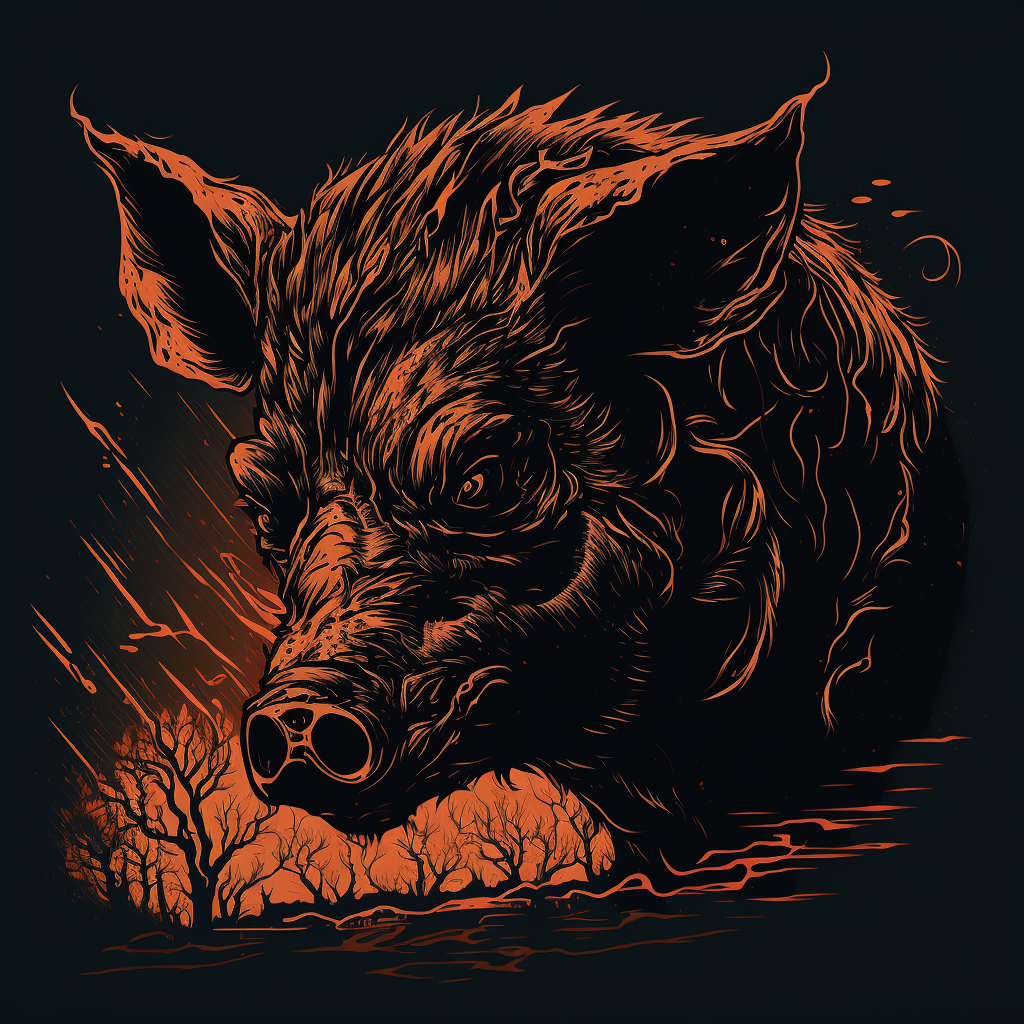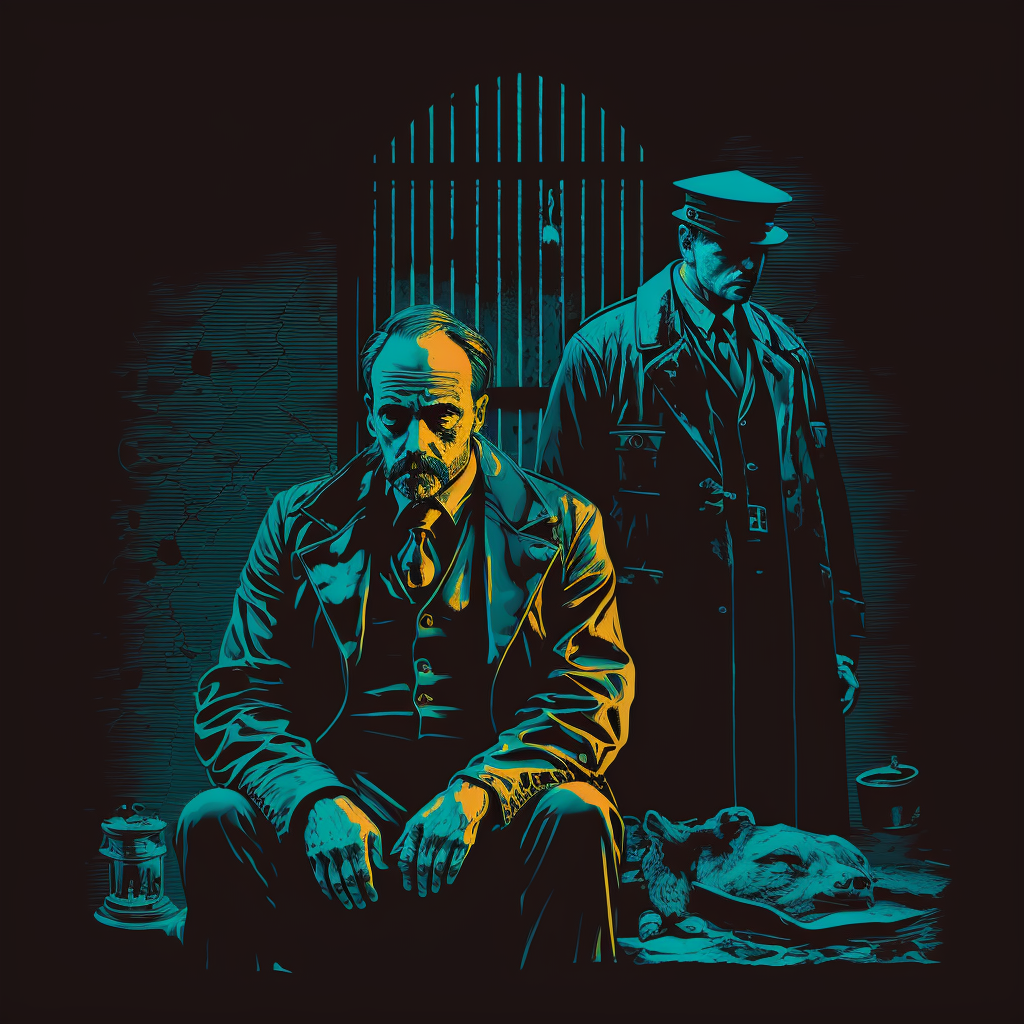George Orwell’s Animal Farm, first published in 1945, is more than a simple tale of talking animals on a farm. It is a profound allegorical novella that critiques totalitarianism and satirizes the events leading up to the Russian Revolution of 1917 and the early years of the Soviet Union. Through clever storytelling and vivid characters, Orwell explores how revolutionary ideals can be corrupted by power and propaganda.
Plot Summary: From Revolution to Tyranny
The Rebellion
The story begins on Manor Farm, where the animals live under the oppressive rule of Mr. Jones, a negligent and often drunk farmer. Inspired by Old Major, an elderly boar who shares a dream of a utopian society where animals are free and equal, the animals rise in rebellion after his death. They oust Mr. Jones and rename the farm Animal Farm, determined to build a society based on equality and cooperation.
Early Ideals and the Seven Commandments
The pigs, considered the most intelligent animals, assume leadership. Two pigs, Snowball and Napoleon, emerge as key figures. They formulate The Seven Commandments, which form the foundation of Animalism (a stand-in for communism), promising that “All animals are equal.”
Power Struggles and the Rise of Napoleon
Soon, ideological differences cause tension between Snowball and Napoleon. After Snowball proposes the construction of a windmill to improve the farm’s productivity, Napoleon uses his private army of dogs to violently expel Snowball. From this point on, Napoleon assumes dictatorial control, and the dream of equality begins to erode.
The Decline into Oppression
Napoleon gradually amasses more power and privileges for the pigs, all while manipulating the other animals. Through the pig Squealer, who serves as the mouthpiece of propaganda, the animals are constantly fed justifications for the pigs’ increasingly indulgent and oppressive behavior.
The Seven Commandments are slowly altered to suit the pigs’ actions, culminating in the final and most damning version:
“All animals are equal, but some animals are more equal than others.”
The animals work harder than ever, often hungry and overworked, yet they continue to believe in the original ideals of the revolution. The windmill, originally a symbol of progress, becomes a tool for labor exploitation.
The Final Betrayal
The book ends with the animals observing a dinner between the pigs and human farmers. The distinction between the two becomes blurred as the pigs behave exactly like their former human oppressors. The animals realize with horror that they can no longer tell pigs from men.
Key Characters and Symbolism
- Napoleon – Represents Joseph Stalin. He becomes a tyrant, using propaganda, fear, and violence to consolidate power.
- Snowball – Symbolizes Leon Trotsky. An idealist and intellectual leader, he is exiled by Napoleon.
- Squealer – The propagandist who twists facts to justify Napoleon’s actions. Reflects the Soviet state media.
- Boxer – The hardworking cart-horse who represents the proletariat. His blind loyalty and tragic fate show how the working class is exploited.
- Old Major – The philosopher whose ideas spark the revolution. Represents Karl Marx or Vladimir Lenin.
- The Sheep – The easily manipulated masses who echo slogans without understanding them.
Themes and Analysis
1. Power and Corruption
One of Orwell’s most enduring messages is that power tends to corrupt, and absolute power corrupts absolutely. As soon as the pigs assume control, they begin to resemble the humans they replaced. The cycle of tyranny continues, showing that revolutions often replace one oppressive regime with another.
2. Propaganda and Control
Through Squealer, Orwell explores how language and information are manipulated to control thought. Lies, half-truths, and euphemisms are used to obscure the pigs’ actions and pacify dissent.
3. Betrayal of Ideals
Animal Farm is a tragedy of broken promises. The noble ideals of Animalism are systematically dismantled by those who were supposed to uphold them. Orwell critiques how political leaders often betray the very revolutions they lead.
4. The Role of the Masses
Orwell doesn’t place all the blame on the leaders. He shows how the apathy, ignorance, and naivety of the animals allow tyranny to flourish. Boxer’s tragic fate emphasizes how blind trust in leadership can be fatal.
Legacy and Relevance
Despite being written over 75 years ago, Animal Farm remains powerfully relevant. It continues to be taught around the world as a cautionary tale against totalitarianism, blind allegiance, and the misuse of political power. Orwell’s concise yet chilling prose makes it one of the most effective political satires ever written.
Conclusion: A Farm That Reflects the World
Animal Farm is deceptively simple in form but deeply complex in substance. George Orwell uses the fable format not to entertain children but to awaken adults to the dangers of unchecked authority and forgotten ideals. It’s a reminder that vigilance, education, and critical thinking are essential to preserving liberty and justice.




